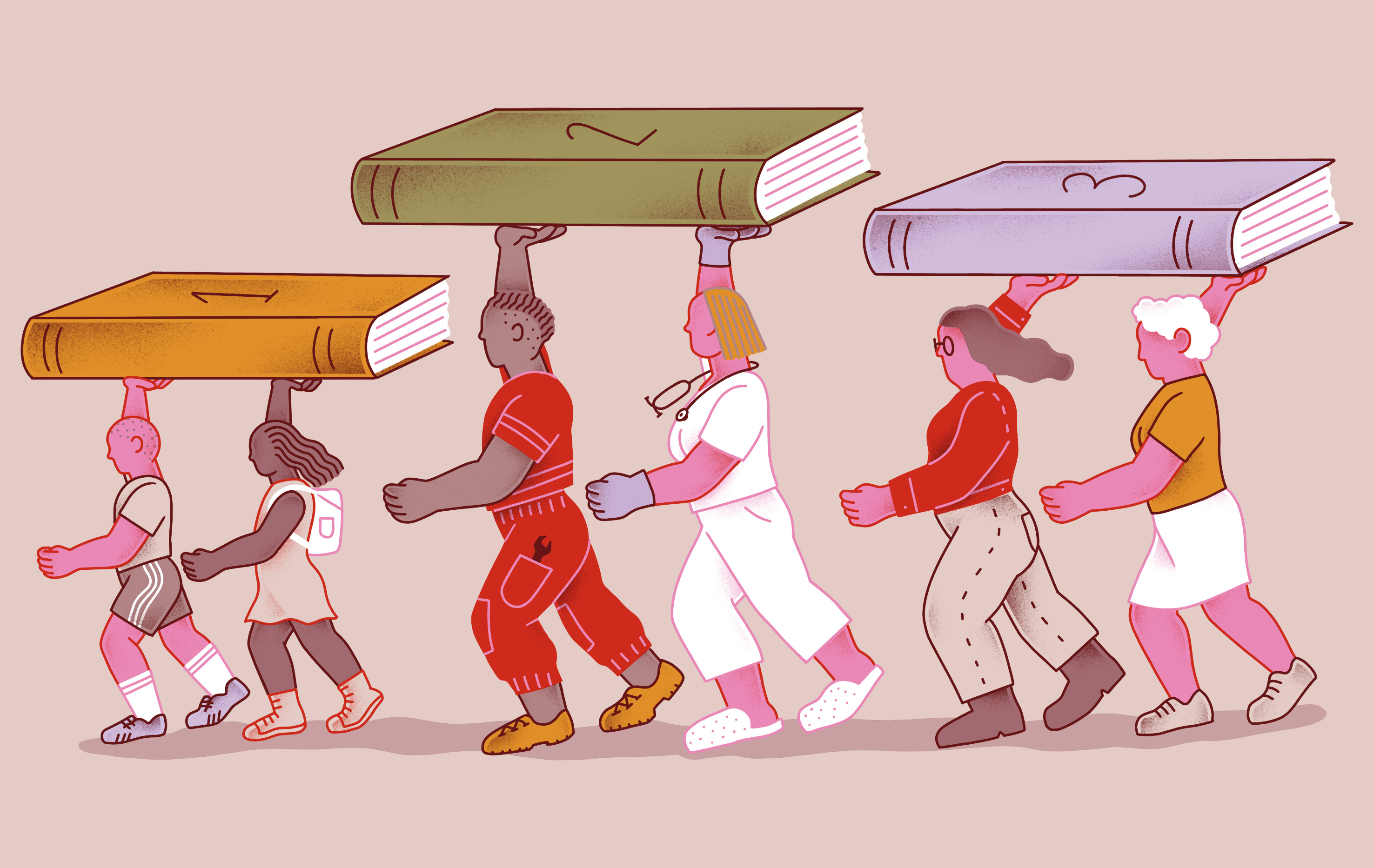

On 12 July an interesting event was organised by the EU at the Lyceum Etxepare in Baiona, with many participants: The teaching of Basque literature as an object of reflection: the local, the territorial and the underlying collectives. The few days made me reflect.
The first reflection was on literature teaching. In the Northern Basque Country, any student raises his studies with many solid French literary references. The French Ministry of Education is very clear on what the official canons and pantheons are to be passed on to young people, and literature is of great importance in primary and secondary education. For eighteen years, anyone should know 50 classical and contemporary works of all kinds (novels, poems, theatre, essay, comics). It would also need exemplary paintings and films. On the other hand, for fifteen years, anyone should know all the grammar in French and in the next three years the stylistic works. The French system does not attach so much importance to the history of literature, to the life of the author and to the social vision of literature; its main objective is to learn to interpret the text in a personal way through studies and dissertations. In Basque literature, however, there are no official programs: you can leave school without having read a book in Basque for eighteen years, without having seen Basque theatre or film. There is a huge challenge in Ipar Euskal Herria: How can we promote adherence to Basque culture in class if literary knowledge is not central?
The second comment goes along with the words of Koldo Izagirre. The Etxepare that “idolatramos” taught how to bring our popular culture into the realm of sages. So the road was the impression of the book. It is currently carried out through spectacular literary programs. Literature combines it with powerful social class codes since Etxepare's time: the desire to join these codes in the Biscayan sphere should not be an objective in itself. Many students also believe that Bertsolarism is a special exercise for the upper elites, whose essence is to express the voice of the people. There is one issue here, both for the literature of the past (the evolution of literature from the point of view of class struggle) and for the future: In order to revitalize and revitalize our literary culture, is it necessary that the forts be incorporated into the built framework?
Etxepare is not as modern as it is thought when talking about her wives: the image of the woman in the arena is of a prepared and manucal being
The third thought comes from the feminist conception that has been mentioned. As Iratxe Retolaza explains, it is necessary to read our literary history with the glasses of feminism. Not presenting it as truth, but as an innovative proposal so that we can have a different view from the history of literature. This creative account can demonstrate, for example, that Etxepare is not as modern as is believed when talking about women: her lyric measures the contagion of the European lyric of the time, and the image of the woman who is shown in the arena is that of a prepared and manucal being.
In short, what has come out of this EU day has been a great work programme for the coming years, for literature lovers. Together we will have to do. So let us take strength, enjoying the summer, until we reach the workload!